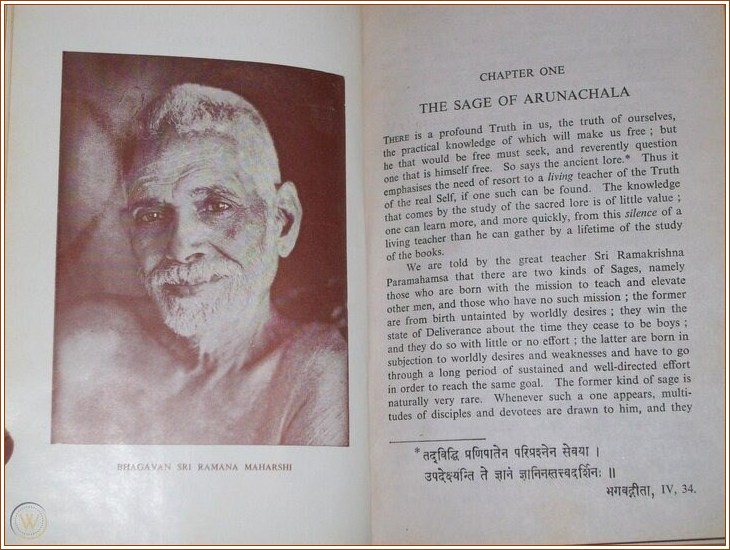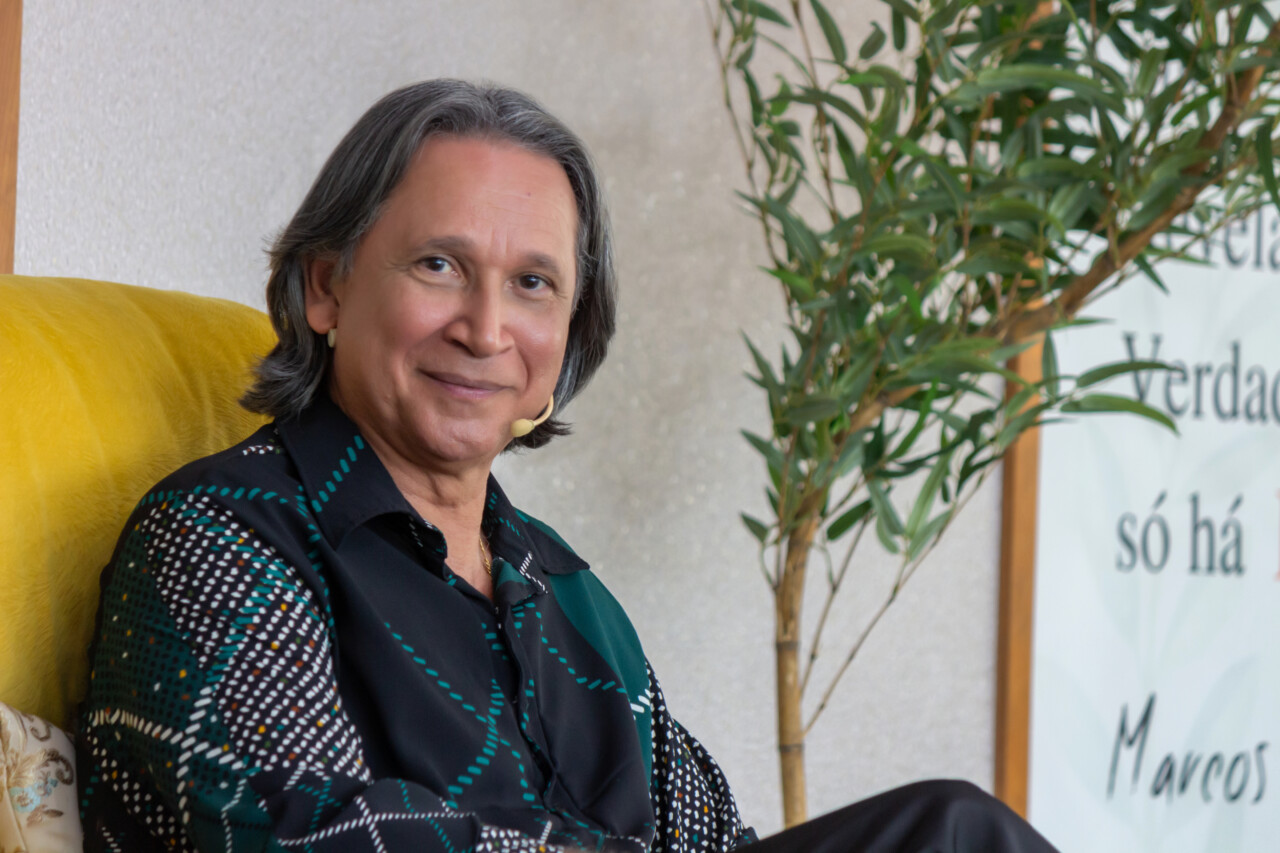Childhood and youth
When I was a child, I wanted exactly what I am today: I longed for living God, for knowing what God is! When I was a child, I felt that He was not in heaven; He had to be here, accessible to my heart. And that is what I am sharing with you!
Marcos Gualberto Tweet
FROM CHILDHOOD TO THE "BOMB EXPLOSION"
Being born on September 30, 1962, in Vila Cruzeiro – region belonging to a set of slums called Alemão, in Rio de Janeiro city – into a family with four brothers, being the son of a homemade sweets seller and a housewife, Marcos da Silva Gualberto was not a typical child.
At birth, the child did not cry nor open his eyes, as if he were in a state of deep meditation. He opened his eyes to the world, for the first time, on the fourth day after his birth, for his mother’s worry, who believed the child was sick.
His childhood was peaceful, switching between typical activities of a child – like playing with his brothers in the region of Alemão slums – and moments of silence and isolation – like sitting cross-legged in lotus position, under the old sewing machine of his mother, and staying there for a long time in the silence of Peace. That child seemed to bring Silence with him already.
At the age of 5, he had his first experience of being immersed in the Self, in God. After his father scolded him for playing during a Pentecostal church service, he followed his father’s recommendation: he sat with his hands on his knees, closed his eyes and turned his mind to God. From that moment on, he realized the sounds of the prayerful invocations to God started to fade away, surrendering him to the silence, to an empty space, full of bliss and happiness. The child remained there for a long time, deeply immersed in the Divine.
Unlike other children, Marcos Gualberto had no desires: he did not want toys, gifts or anything else common to children of his age. He would embrace whatever happened, without feeling wronged or dissatisfied, without even wishing for something to be different. Still as a child, when something bothered him or made him sad, he would focus his attention on himself, on his reactions and discomforts – and not on the person or situation that seemed to have caused him such distress – until the feeling would “burn” and vanish completely.
Another noteworthy detail was how clear the little Marcos Gualberto would notice that there was something wrong with the thoughts. For example, by watching his parents arguing at each other, Marcos could notice they were exchanging thoughts indeed.
Thus, in order to free himself from thoughts passing on his head, the 10 years-old Marcos would spend long hours in solitude at the Ari Barroso park – in the north zone of Rio de Janeiro – or in the garden of the church that his parents used to attend, and so the thoughts would vanish – as he would report.
Once, still as a child, Marcos asked his father if having plenty of thoughts passing in his head was a normal thing. Despite of the affirmative answer, Marcos was not convinced.
As he grew up, he would enhance his habit of observing his own attitudes and feelings, as if he were an external observer of a film-character. He learned years later that this is the Self-investigation taught by Sri Ramana Maharshi.
So, a deep internal dissatisfaction combined with a sincere yearning for God led Marcos Gualberto to a persistent search for Him. He began to dedicate his whole life to the search for God.
Under the influence of his evangelical and religious family, he learned to seek God through Bible studies, prayer and fasting, and therefore he would obediently follow the practices he learned as the way to end the dissatisfaction and meet God.
He studied theology, became a deacon and later a pastor, seeking the Source of Life through biblical teachings. He tried hard to find, among the religious he used to interact with, someone who could show him the Truth, who lived in holiness, fully united to and realized in God. However, he could not even find someone who had the same yearning for God as he did.
He would then follow his life normally, along with his search. He married at the age of 20, having later only one daughter. However, Marcos Gualberto was an odd person, with no material attachments and attentive to his reactions to different situations in life, acting differently from ordinary people. In addition, he experienced moments of profound silence, assuming a meditative state with ease.
Then, at the age of 24, in December 1985, after many prayers and fasts, a book fell into his hands, the “Maha Yoga Or The Upanishadic Lore In The Light Of The Teachings of Bhagavan Sri Ramana,” published under the pseudonym “Who” (translated to Portuguese by Professor Hermógenes, with the title reduced only to “Maha Yoga”).

The book included the picture of the Indian sage Sri Bhagavan Ramana Maharshi. Looking into Ramana’s eyes, he was sure he had found what he had always looked for: the one who realized God, the one who lived in holy union with the Divine. From that moment on, his search was over.
In the following years, Marcos Gualberto felt the guidance of Sri Ramana, leading him to turn to the Self more and more, at every moment, until he fully surrendered himself to that guidance. It took 21 years of work, focusing on meditation, self-investigation and surrender to the Grace of Bhagavan, until the direct and true experience of That, of the Christ. This experience was as mysterious as his meeting with Ramana’s Grace in December 1985, representing the end of this work and completely extinguishing the sense of separateness. This episode was named by Master Gualberto as the “bomb explosion.”


